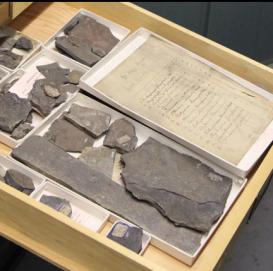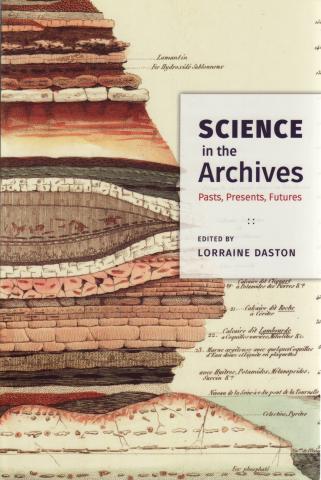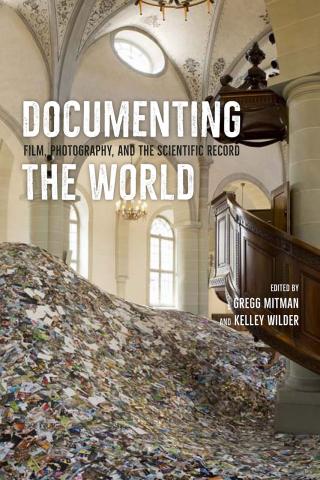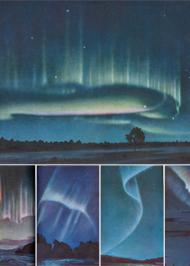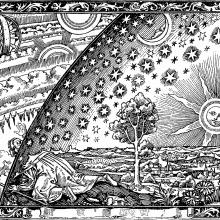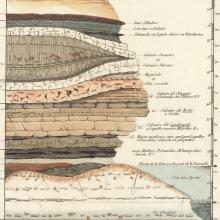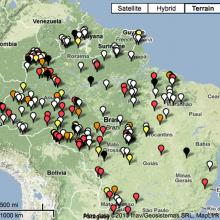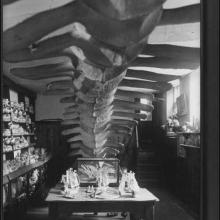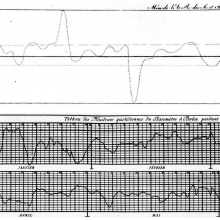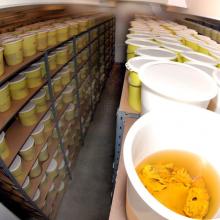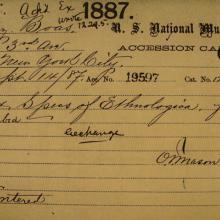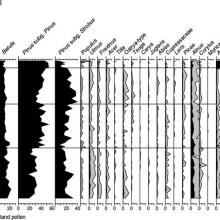"Data" (literally, "the givens") is perhaps the most taken-for-granted word in all the sciences: short and unpretentious, it expresses the simplest and apparently most straightforward elements of empirical research. Whether inscribed as jottings on notecards, traces on photographic emulsions, entries in lab notebooks, or digital information, data supply the essential raw materials for all further scientific activity, from observing to theorizing. It is a category considered too basic to merit a history, too innocent to deserve a philosophy.
Yet no other aspect of science has commanded a greater commitment of ingenuity, resources, and sheer tenacity than the taking, making, and keeping of data. Since ancient times, cultures dispersed across the globe have launched monumental data-centered projects: the massive collections of astronomical observations in ancient China and Mesopotamia, the great libraries from Alexandria to Google Book Search, the vast networks of scientific surveillance of the world's oceans and atmosphere, the mapping of every nook and cranny of heaven and earth. These projects are typically superhuman in scale, spanning continents (sometimes even galaxies) and centuries.
The sciences of the archive embrace both the human and natural sciences: history and astronomy, meteorology and archeology. All sciences make some use of data, but the sciences of the archive are defined by it—and their practices in turn define what data means. The history of the sciences of the archives raises questions about the evolution of categories like "data," "information," and "knowledge"; the cultural preconditions for titanic undertakings that project themselves in imagination far into the future; the modalities of classification, from the physical arrangement of books on library shelves to the digital indexing of the data sent by space probes; the fantasy of completeness, whether expressed in a photograph or a museum collection; the techniques for registering and manipulation of information, from the table to the database.

